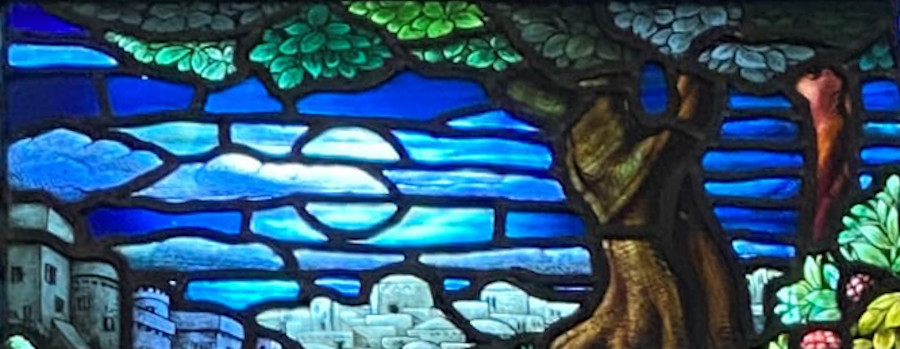
Our lives are dominated by unknowns at the best of times but never more so than during this present time of Public Health emergency. We don’t know when all this will end, how we’ll recover or where the virus will strike next. We’re in limbo, on standby for who knows what. We long to return to something we used to escape or fear: “normality”. We ask ourselves now “were those eternal commutes really so bad? Wasn’t that huge long-running row at work actually rather quaint?”
We’re consumed with nostalgia for things we tried so hard to escape from. “Back to normal,” let’s look at that mantra. Remember those halcyon days six weeks ago when we were troubled by inequality and anxious about climate change? There was lament, division and anger. Oh those simpler, happier times…
Okay, so perhaps “normal” wasn’t all that great but that’s only half the issue. The really problematic word is “back” because, even if things really were perfect six weeks ago, we can never go back. We’ve all probably said the words “I don’t know” more often than ever in our lives before; but the only thing we know for certain about the future is - it won’t be the same as the past.
The books of Isaiah and Revelation were written in times of persecution and exile. Yet, in adversity, they unveil what God’s future looks like. They portray a vision of justice, all being cherished, every gift being put to good use. They describe God’s diverse creation fulfilled in a gloriously kaleidoscopic re-creation. We see every tear dried from every eye. God’s future is made out of our past - nothing is wasted. The mistakes we’ve made become moments of learning, progression and growth. Our many disappointments and regrets turn into wisdom and insight. Our abject failures are no longer the end of the story but the beginning of a better story. Strangers and enemies become comrades and companions. It’s what the Bible calls God’s kingdom.
The Bible isn’t interested in going “back to normal”. Setback, dejection and despair provoke us to see what was wrong in what we’d become accustomed to - and realise there’s no going back. We may feel bewildered and powerless and living in a starkly different reality isn’t easy for any one of us, .but we’ll never get a better chance to consider how we can make a future bigger than the past. If all we aspire to in the face of months of lockdown is to go back to “normal”, we’ll have squandered a once-in-a-century invitation to imagine something richer, truer and deeper than “normal” ever was.
After the Second World War people didn’t aspire to go back to the hungry thirties. They wanted to build a land fit for heroes to live in. This isn’t a time for looking back. It’s for imagining the future: and starting to live that future now.
